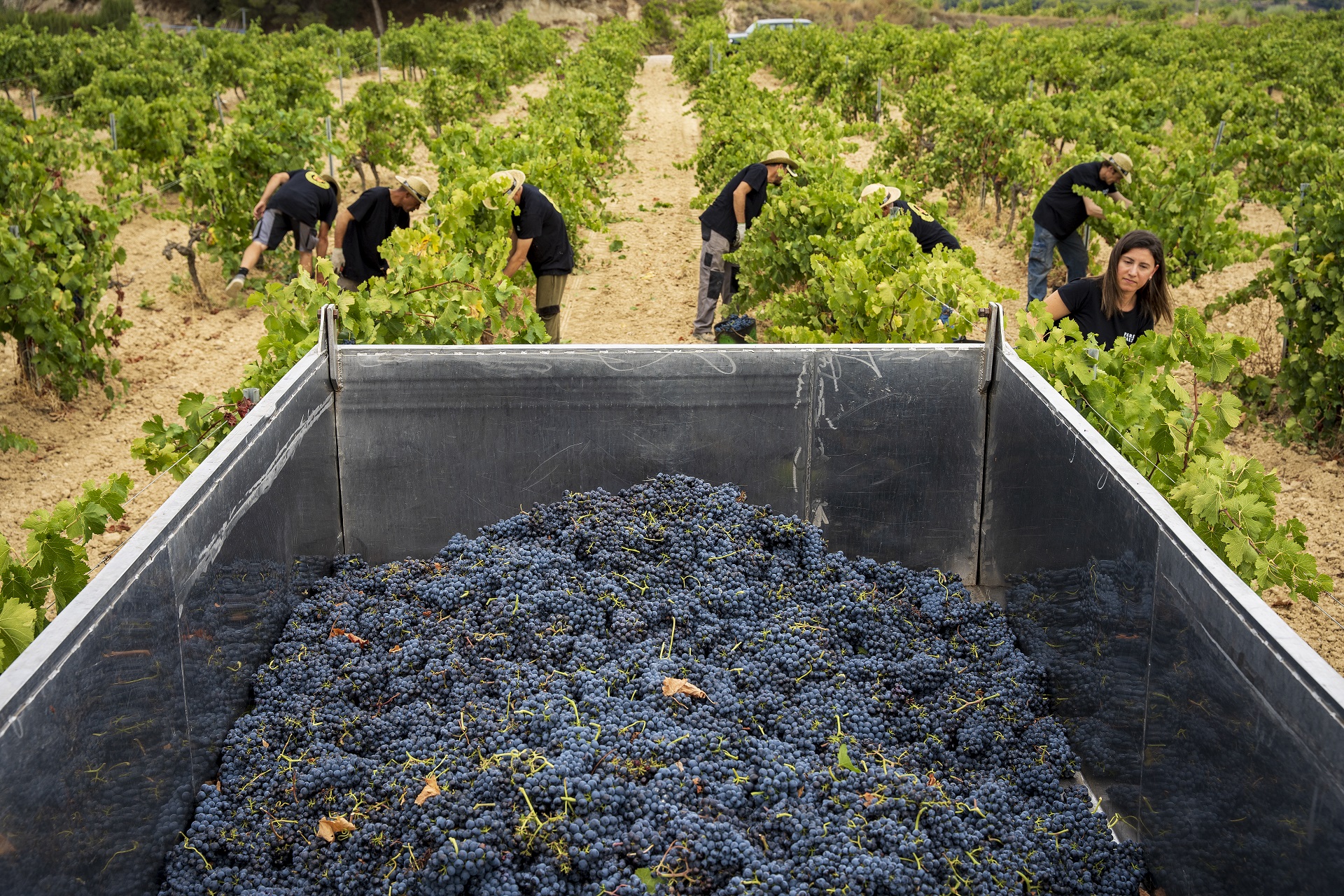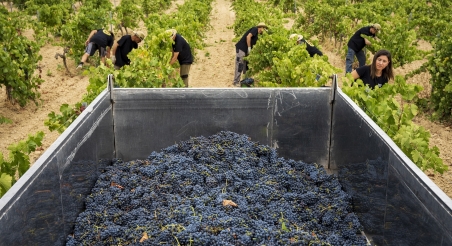Organic foods are in fashion. On the one hand, there are more and more farmers convinced of the importance of cultivating the land with environmentally friendly practices. On the other hand, there are more and more consumers of local and organic products, and the COVID-19 pandemic has generated greater sensitivity towards this type of food. The trend is so evident that the European Union has decided to firmly support it and give it a decisive push.
The EU's Farm to Fork strategy has set five key objectives to achieve sustainable food systems. Of these, one is especially notable: ensuring that 25% of member states' agricultural land is farmed organically by 2030. This percentage triples that of 2019, which at the European level stands at 8.5%. But, in the Barcelona district, how widespread are ecological agricultural practices? What area is dedicated? And what are the crops that are most produced using ecological methods in our territory?
If you want to discover the answers to these questions, we invite you to consult the new BCN Smart Rural Data Bite. Among the most significant data, you will find the following:
- Currently, in the Barcelona province, 12% of the cultivated area is organic. This percentage is 7% in Catalonia.
- The Barcelona province ended in 2019 with 15,476 hectares of organically cultivated area and is positioned as the district in Catalonia with the largest area dedicated to this type of production.
- In the Barcelona province, the main organic crop is the vineyard: of the total area of vineyards cultivated in the territory, 44% is cultivated organically. In comparison, in the Barcelona district, organic cereal production only represents 3% of the total area dedicated to this type of crop.
- Of the total cultivated area in the Barcelona province, 15% is worked ecologically. That said, organic garden cultivation does not follow the growing trend that other crops present: since 2015, the organic crop area does not show a significant increase.
- Alt Penedès is the Barcelona county with the most area dedicated to organic farming. The land of wine and cava has 8,567 hectares of organic crops, which represents 40% of the total cultivated area in the region. This percentage far exceeds the objective set by the European Union, which wants to achieve that 25% of agricultural land in the member states is farmed organically before 2030.
- In percentage terms, Moianès is very close to the objective set by the EU. The youngest county in Catalonia manages 20% of its total cultivated area ecologically.
- Leaving aside Alt Penedès and Moianès, the rest of the counties in the Barcelona province have a percentage of organic cultivated area of less than 15%. In the lowest positions on the list, we find the county of Osona, with 2% of ecological surface, and the counties of Vallès Occidental and Bages, with 4%.
- Subirats is the municipality in the Barcelona district with the largest area in organic production. In this town in Alt Penedès, 55% of the total cultivated area is worked organically; specifically, 1,044 hectares. That said, Subirats is no exception: 62 municipalities in the Barcelona province have more than 25% of the area cultivated organically.
- Barcelona counties are home to 32% of Catalan companies certified in organic agricultural production: currently, there are 962. In fact, in the last 20 years, the Barcelona province has multiplied by 15 the number of organic producers.
The analysis of these data reveals the need to expand the crop area dedicated to organic production in the Barcelona district by 15,617 hectares, an area that slightly exceeds the area of Barcelonès. If we want to achieve the 25% goal set by the European Union and push the territory towards a healthier and more sustainable food system, the Barcelona district should have a total of 31,093 hectares dedicated to organic farming before 2030. That is, to achieve the objective set by the "From Farm to Fork" strategy, the Barcelona province must multiply the area cultivated organically by two before 2030.
For more information about this data, please contact Lucía Nieto and Daniel Farré, territorial engineers and GIS experts of the BCN Smart Rural strategy.
— BCN Smart Rural Editorial —



